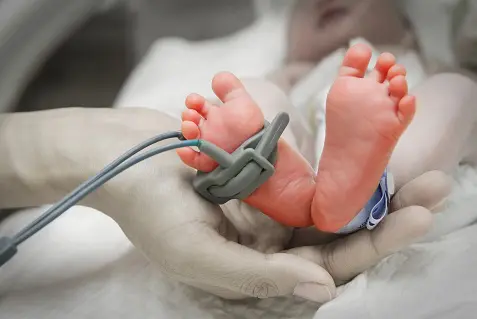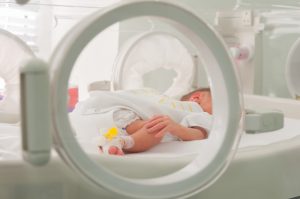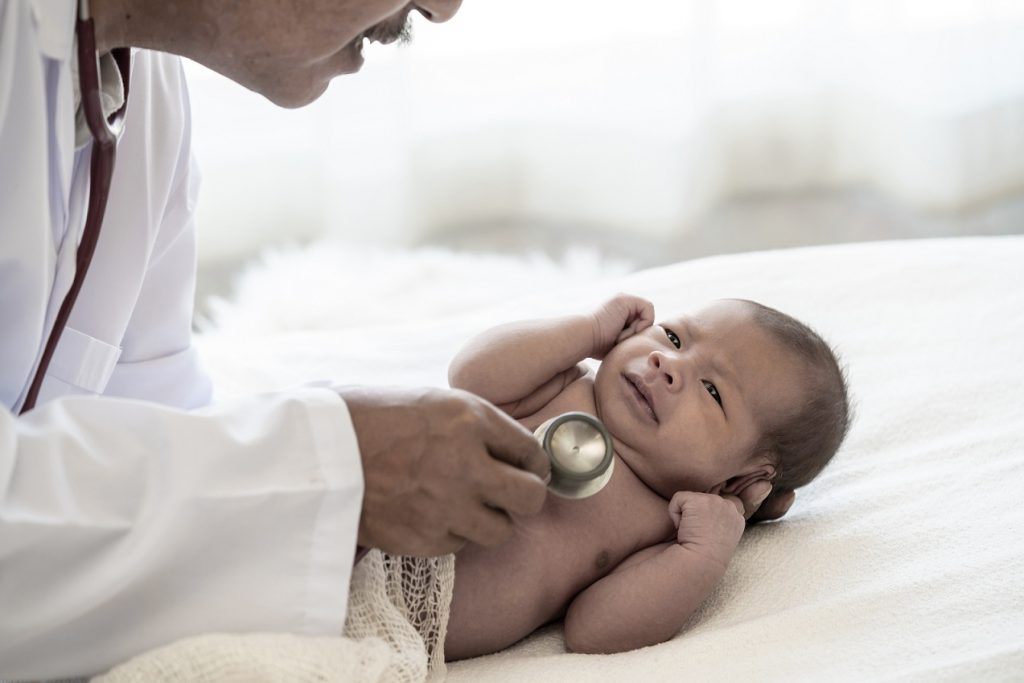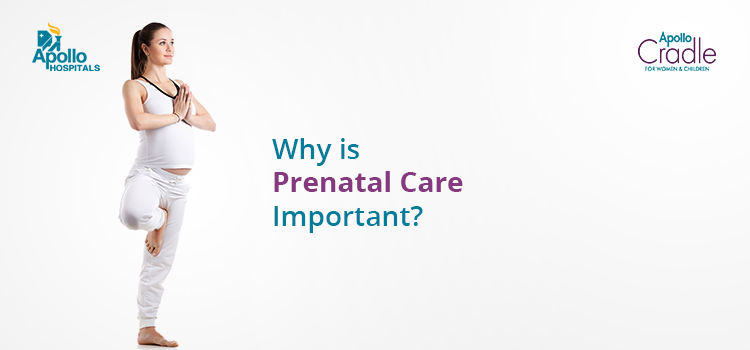Neonatology

CAUSES AND PREVENTION OF BIRTH DEFECTS
December 30, 2022Birth defects are structural changes present at birth that can affec...

Advantages of Having a Baby in the Neonatal Intensive Care Unit (NICU)
December 2, 2020Childbirth is a delicate procedure due to the numerous physical chan...

Premature Baby and Three Phases in Preterm Birth
September 29, 2018A birth that occurs before the 37th wee...
Pregnancy Calculator



